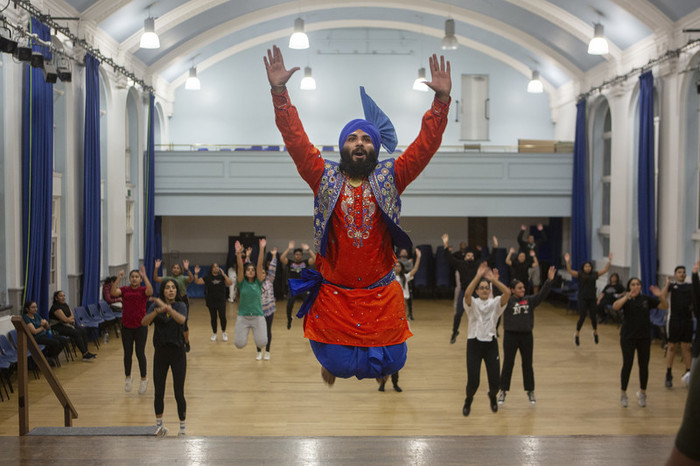The Duke of Edinburgh’s Award reveals the more unusual, unexpected, and unique ways you can strike gold!
What do rocket making, circus performing, mini-bus maintenance, magic and beekeeping have in common?
The answer is that they are among the top ten more unusual, unexpected, or simply unique activities chosen by young people for their Duke of Edinburgh’s Award.
The charity has revealed that these are just some of hundreds of different activities that young people have undertaken as part of their DofE. It hopes that publishing its top ten will inspire 14 to 24-year-olds to start their own DofE journey this autumn, knowing they can follow their passions and tailor their DofE experience to their own personal interests.
The top ten unusual, unexpected, and unique DofE activities are:
- rocket making
- circus performing
- reptile keeping
- mini-bus maintenance
- beekeeping
- snail farming
- pigeon breeding
- carnivorous plant cultivation
- magic
- bhangra dancing
Ruth Marvel, DofE CEO said:
“After all the disruption, dislocation and lost learning young people have experienced over the last 18 months, helping them to recover and rebuild is vital. During the pandemic we’ve seen how DofE has helped young people stay positive, active and connected and follow their passions, no matter how unusual. As we start the new school year, we want all young people to have the opportunities DofE offers, to explore who they are and discover their own unique talents.
“Our message is simple: you can follow your passions and find new ones through the DofE – and in doing so build the self-belief and resilience that will help you deal with whatever life throws your way.”
The top ten list of activities also includes snail farming, pigeon breeding, carnivorous plant cultivation, reptile keeping and bhangra dancing.

They show that almost anything is possible, along with the more popular activities young people choose to do. In the past year more than half (56%) of volunteering activities were helping people in need, litter-picking and helping children. Seven in ten participants (72%) chose cooking, playing an instrument or first aid as a skill they wanted to develop, and almost half (46%) chose walking, football or keep fit for their physical activity.
15-year-old Chloe, from Clackmannanshire, Scotland, learned how to maintain the school minibuses for her DofE skill.
“I enjoyed working under the bonnet and learning new things. It’s great to have learned so much because if your car breaks down you know what to do!”
“I wouldn’t have done it had it not been for The Duke of Edinburgh’s Award, but it’s a great thing to put on my university application and it will help me in later life. It’s amazing that you are not really limited to any skill or activity. You can do anything as long as you improve in it.”
Misha from Norfolk did circus skills. She had already started to learn trapeze, juggling, tightwire and hula hoops so was delighted when she discovered she could develop them as part of her DofE.
“Doing my circus skills for DofE has helped me really improve. Though I have been doing it a long time, I am constantly learning. My tutors are very supportive and help me to overcome my fears as some disciplines can be rather nerve-wracking.”
The charity is aiming to engage, inspire, and empower over one million young people through DofE over the next five years through its Youth Without Limits strategy. Those interested in doing DofE can ask their school, college or university, join a national youth group such as the Scouts or Girlguiding or get in touch with their local youth club and see if it runs DofE, or visit DofE.org.




